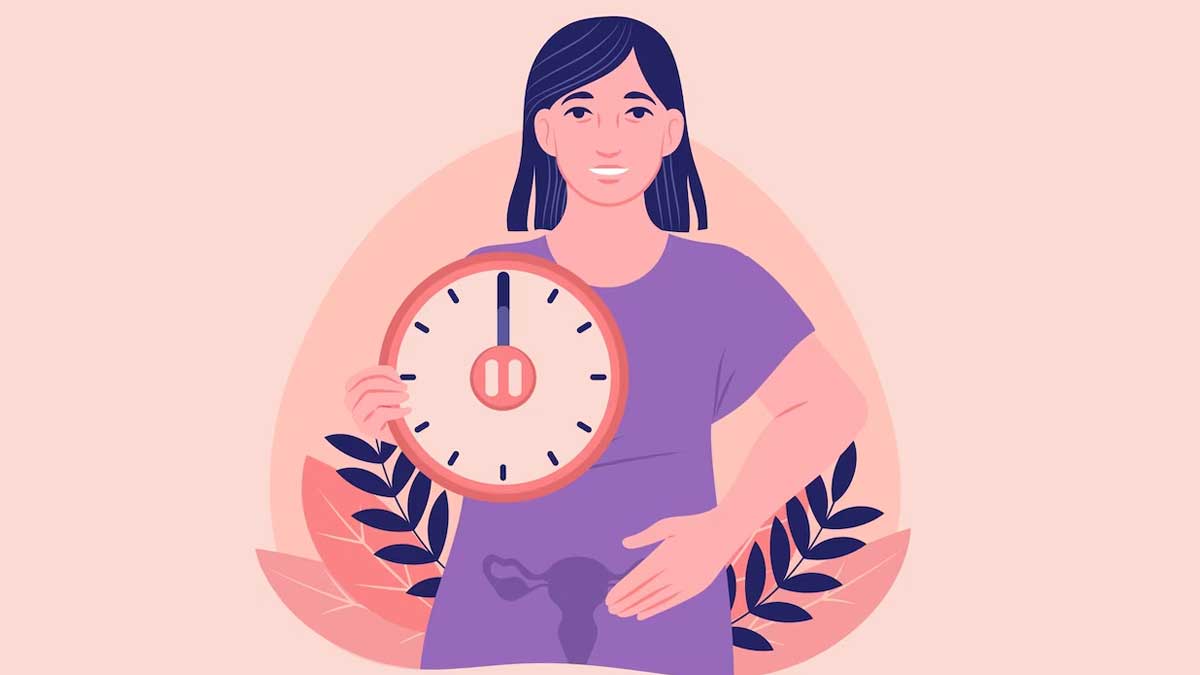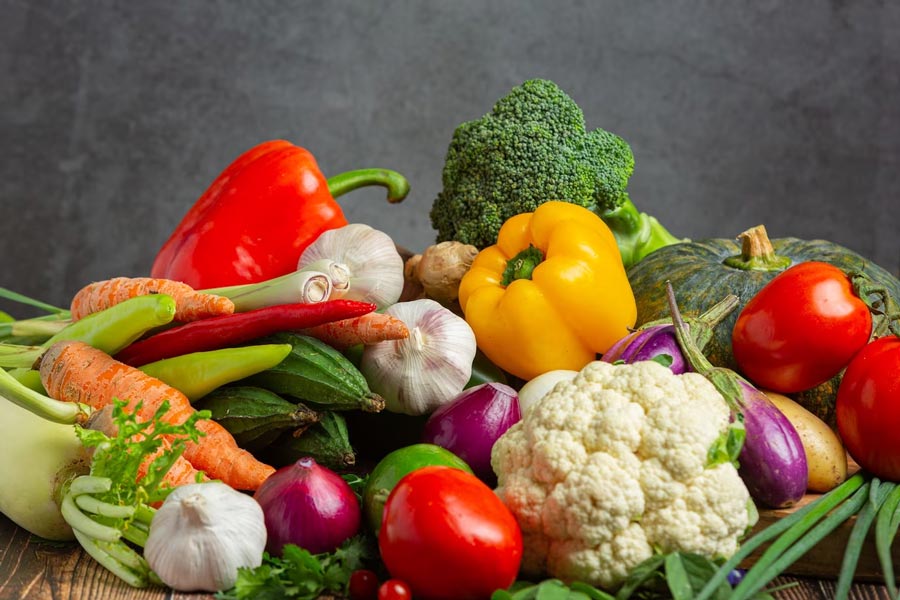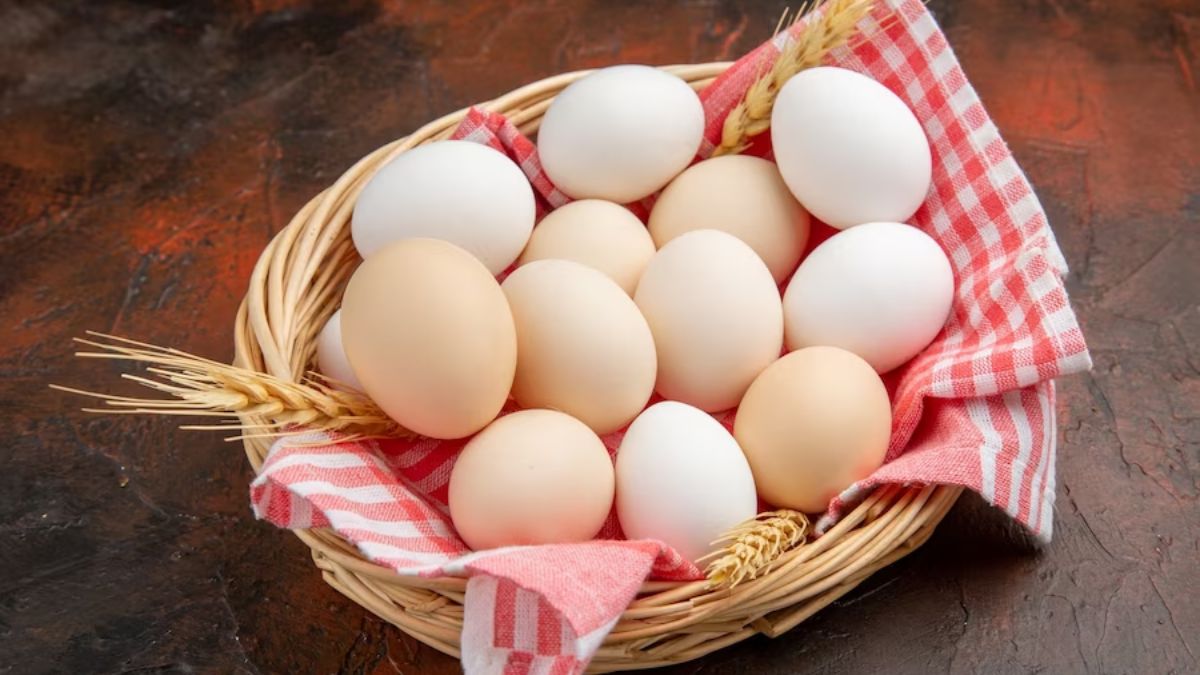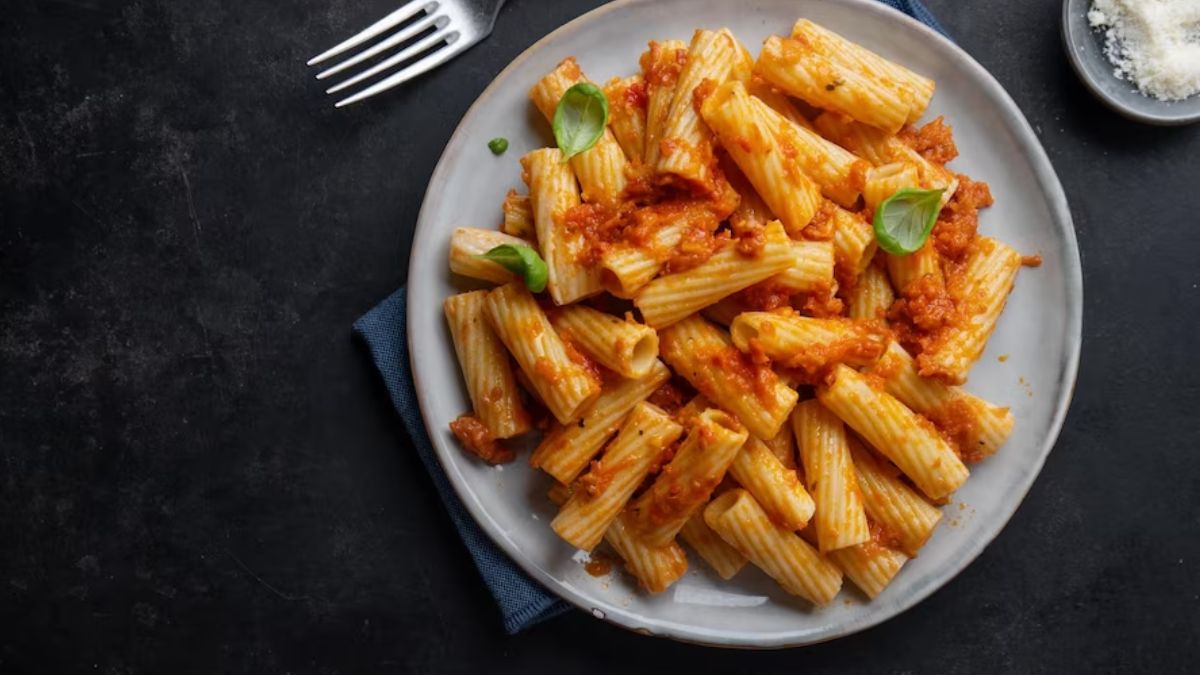
Menopause is one of the few women’s health issues that is least talked about. Many people have several questions regarding the same and suffer through a lot. Many questions run through my mind, especially around, what to expect, and how to cope with the challenges.
We connected with Dr Sukirti Jain, Consultant Obstetrics and Gynaecology, Cloudnine Group of Hospitals, Navi Mumbai, to bring you diet tips to overcome challenges when you are going through menopause.
She said, “Menopause is a phase of changing hormones which leads to mood swings such as depression and anxiety, low energy levels, fatigue, weight gain, increased risk of osteoporosis and heart diseases, a disturbed pattern of sleep, and decreased muscle mass.”
The expert said that many women complain that they have been doing everything right but still cannot control the symptoms, so a few diet modifications can be helpful. There is no magical diet, she said, but some useful tips can help you overcome certain challenges.

To beat any health condition or challenge, a balanced meal is the key. The diet should have enough carbohydrates and an adequate amount of protein. Both these are required by the body to maintain muscle mass and repair tissues.
A few rich sources of proteins include eggs, poultry items, seafood, meat, yoghurt, legumes, nuts, and beans.
Whole food items are minimally processed and are good for the body. They prevent hormones from going haywire. To create a perfect balance, you should add seeds, fruits, vegetables, nuts, and legumes to your diet.
Another advice that Dr Jain offered was to reduce the calorie intake when you eat more than what the body needs. It prevents the accumulation of fat.
She suggested asking yourself if you really need to eat something or if it will benefit your body in any way.

If you have crossed the age of 50, your body needs at least 200 mg of calcium every day. Therefore, adding a cup of yoghurt or milk to your diet is essential. Along with calcium, your body also needs vitamin D3 and vitamin B12.
Fatty fish is a rich source of vitamin D3, while meat, poultry, and other animal-based food items are loaded with vitamin B12.
When going through menopause, your body also needs Omega-3 fatty acids. Chia seeds, flaxseeds, and fish are sources of this nutrient.
Fruits help to maintain hormonal balance by destroying phytoestrogens in the body. Apart from fruits, you can also eat soya beans, chickpeas, cauliflower, berries, and broccoli.
The doctor suggested avoiding processed, frozen, and packaged food items as much as possible. You need to eat organic food as much as possible.
Don't Miss: What To Eat And Avoid In Three Trimesters Of Pregnancy; Expert Weighs In

Foods associated with refined carbohydrates, like potatoes, rice, and pasta can increase insulin resistance, which can lead to hot flashes. Instead, you can replace these whole grains.
If you are going through menopause, you should also avoid spicy food and alcoholic beverages. Half a plate of naturally sourced vegetables and fruits with an exercising routine can help you overcome the challenges of menopause, stay healthy, reduce stress, and push the sleep cycle back to normal.
Don't Miss: Have PCOS And Planning Pregnancy In 30s? Doctor Weighs In
Stay tuned to HerZindagi for more such stories.
Also watch this video
Herzindagi video
Our aim is to provide accurate, safe and expert verified information through our articles and social media handles. The remedies, advice and tips mentioned here are for general information only. Please consult your expert before trying any kind of health, beauty, life hacks or astrology related tips. For any feedback or complaint, contact us at compliant_gro@jagrannewmedia.com.